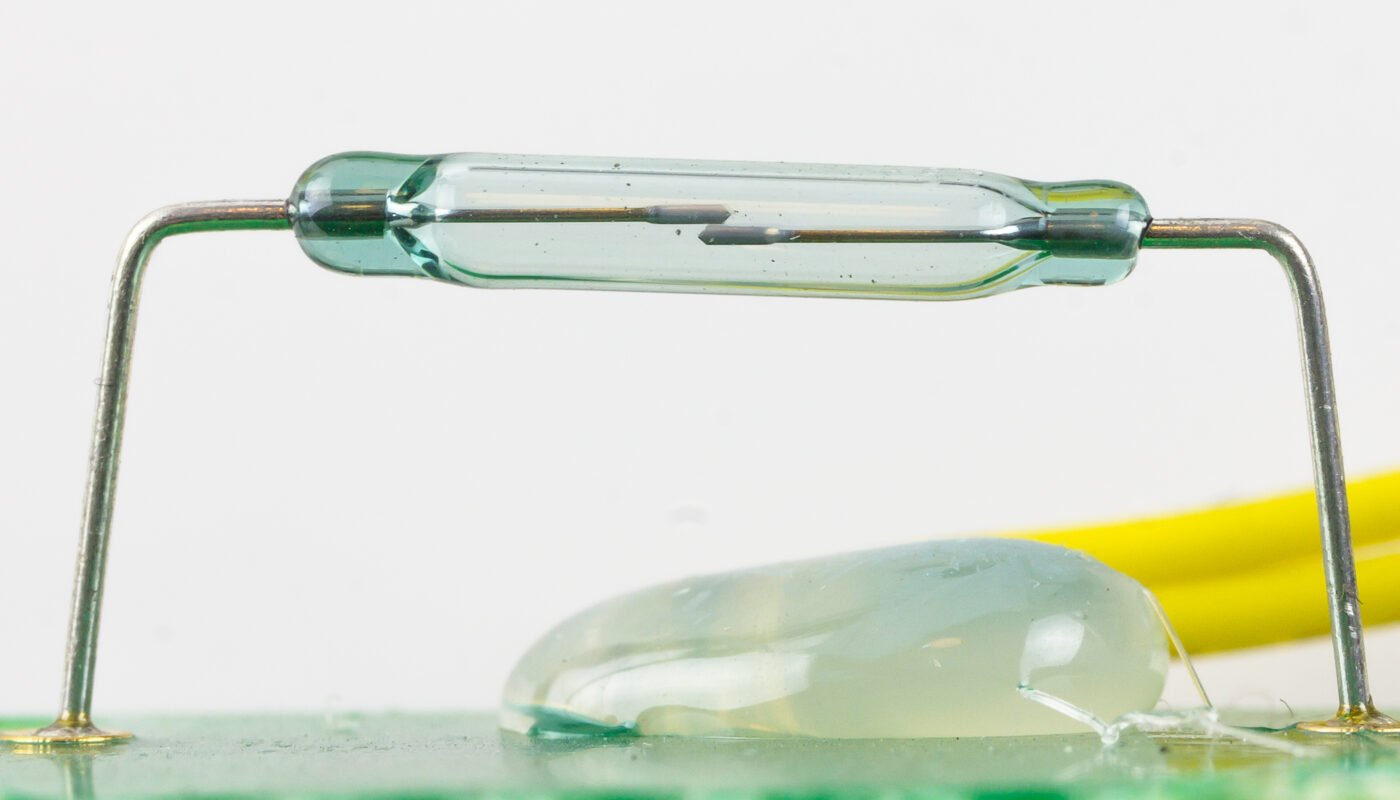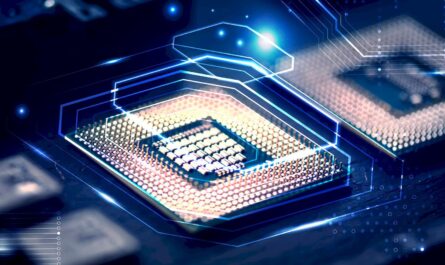Though other magnetic and non-magnetic switching technologies have emerged over the years, reed switches continue to be widely used due to their durability, simplicity and cost-effectiveness. Let’s take a detailed look at what reed switches are and the various applications where they are commonly used.
What is a Reed Switch?
A reed switch consists of a pair of ferrous metal contacts encapsulated in a glass tube. When a magnetic field is applied near the switch, it pulls the flexible metal contacts together completing the circuit. When the magnetic field is removed, the contacts separate and open the circuit. Despite its simplicity, reed switches have proven to be highly reliable switches with a long operational life of billions of activations.
Working Principle
The key working components of a Reed Switch Device are the ferromagnetic contacts and the glass capsule. The two contacts are hermetically sealed in a glass capsule to protect against environmental factors like dust, moisture etc. In its normal state, a small gap exists between the contacts keeping the circuit open. When brought in close proximity to a magnetic field, the magnetic field exerts force on the ferrous contacts pulling them together and closing the circuit. On removal of the magnetic field, the elasticity of the contacts ensures they separate and open the circuit again. This simple but effective operation has made reed switches ideal for numerous switching applications.
Applications of Reed Switches
– Security and Access Control: Magnetic keycards, door/gate sensors, security systems widely employ reed switches for reliable switching. Their small size allows concealment.
– Appliance Controls: Dishwashers, washing machines, air conditioners etc. use reed switches to detect opening/closing of doors for controlling operations.
– Medical Equipment: Monitors, infusion pumps, defibrillators use reed switches for reliable switching in sensitive medical applications.
– Automotive: Ignition systems, climate control valves, fuel level sensors commonly use reed switches due to their high vibration resistance.
– Industrial Controls: Valve controls, tank level indicators, conveyor belt controls in factories use rugged reed switches.
– Telecommunications: Line/trunk interface switches in telephone exchanges, PBX rely on reed switches for years of reliable operations.
– Aviation/Marine: Antenna selector switches, navigation displays on aircrafts and boats have reed switches offering high durability.
Advantages of Reed Switches
Reliability: Reed switches have a long operational life, tested to billions of activation cycles with predictable behavior. Contact fatigue is negligible.
Simplicity: Absence of moving parts or contacts make them robust and immune to dust/moisture ingress offering maintenance-free operation.
Sensitivity: Ability to detect very small magnetic fields and respond quickly making them suitable for security and sensing applications requiring fast actuation.
Compact Size: Tiny dimensions (few mm in size) allows integration into small spaces and concealment without compromising performance.
Cost: Inexpensive and mass producible, reed switches beat other switching solutions on cost for low volume applications.
Customizable: Wide variety of contact forms, terminations and mounting options allows customization for specific application needs.
Flexibility: Commonly available in SPST, SPDT and multi-pole configurations supplemented with external magnets to achieve desired control logic.
Ruggedness: Hermetic sealing and lack of wearing parts enable use in harsh industrial environments with extreme vibration and temperature variations.
With over 70 years of reliable operation across industries, Reed switches have firmly cemented their position as preferred magnetic actuation switches for industrial, commercial and consumer applications. Their simple yet rugged design paired with numerous advantages like reliability, compact size and flexibility has helped reed switches remain relevant even today against advanced solid-state technologies. With continuous product improvements, reed switches are here to stay serving critical switching needs for the foreseeable future.
Note:
1. Source: Coherent Market Insights, Public sources, Desk research
2. We have leveraged AI tools to mine information and compile it



